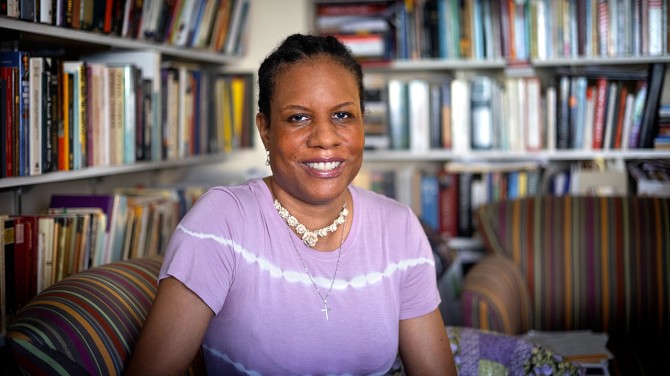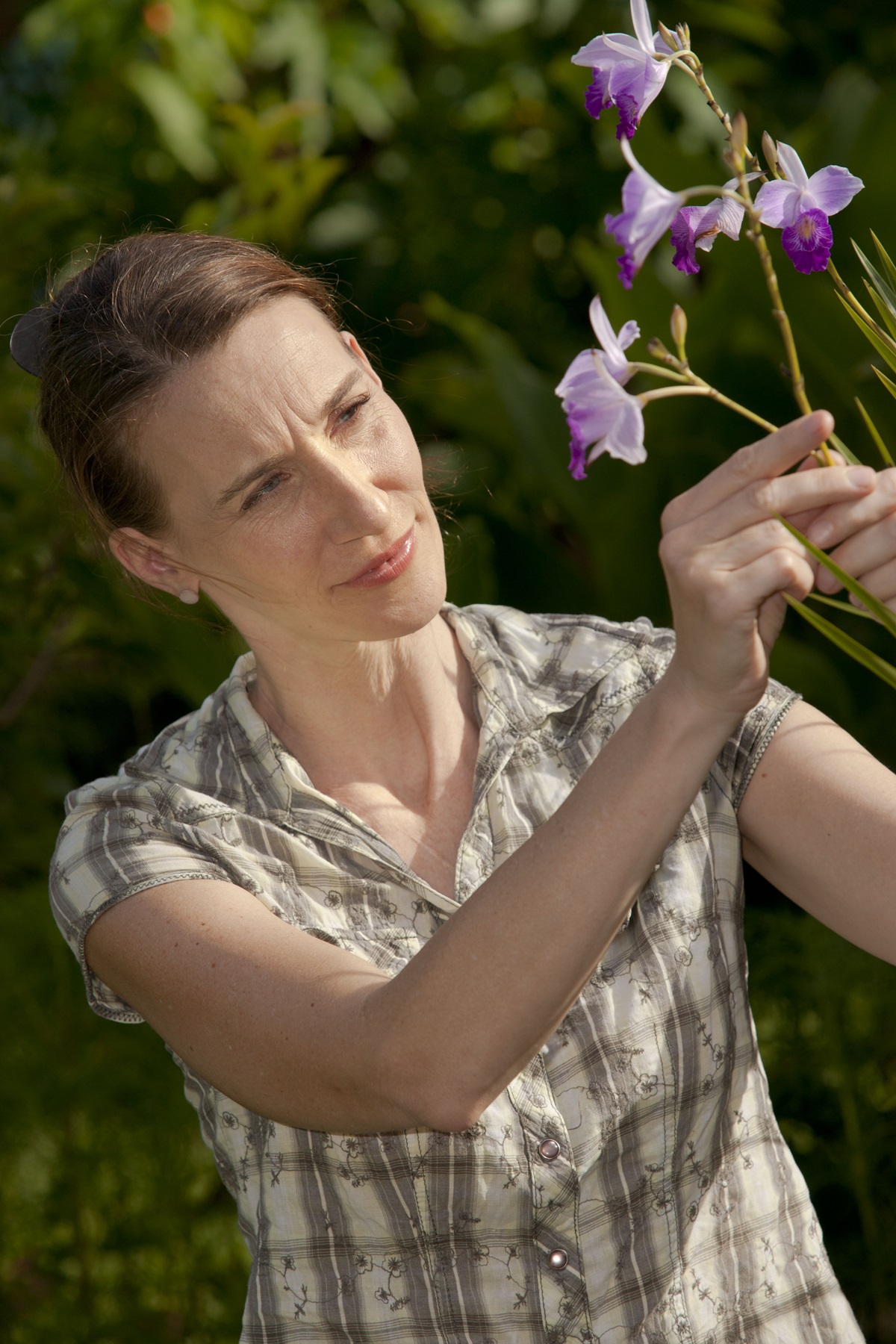NASASV welcomes the Federal Government’s budget initiatives to prevent and respond to sexual violence but says sexual assault victims will continue to face lengthy waiting times for counselling and lack of access to specialist sexual assault services in some parts of Australia.
Chair of the National Association of Services against Sexual Violence, Jo Sheehan-Paterson, revealed today that many specialist sexual assault services are stretched to the limit, have waiting periods of several months and need to limit the number of counselling sessions that they can provide in order to meet the demands of constant new referrals.
While Ms Sheehan-Paterson welcomed the budget’s recognition of the specific needs of the Northern Territory and the additional funding to bolster frontline family, domestic and sexual violence services in that state, she also highlighted that victims living in large parts of rural Queensland and Western Australia are not able to access a specialist sexual violence response.
Ms Sheehan-Paterson highlighted that ‘’ Reporting of a wide range of sexual abuse experiences has consistently increased over the past decade. Many people think our services are limited to crisis counselling for victims of recent rape, but they represent only one of our client groups.’’
‘’Our counsellors provide therapeutic counselling to:
- people who have experienced institutional and other forms of child sexual assault
- victims of intergenerational abuse within their own family
- people who have experienced sexual harassment at work
- elderly residents of aged care facilities who have been assaulted by a carer
- people who experience a disability who have been abused by the taxi driver who transports them to their day program or by another participant’’
‘’Sexual assault services also provide treatment programs for young people who display harmful sexual behaviours and support schools to deliver Consent and Respectful Relationships Education programs as part of preventing sexual violence’’
Ms Sheehan-Paterson described the impacts of sexual abuse as profound ‘’affecting people’s psychological and physical health as well as their capacity to engage socially and maintain relationships, and to remain engaged with work or study. These effects may be lifelong with victims needing access to episodes of counselling.
Ms Sheehan-Paterson welcomed the funding provided through the National Partnership on Family, Domestic and Sexual Violence Responses to assist states and territories to bolster frontline support services but highlighted that this funding needs to be expanded and made ongoing.
Ms Sheehan-Paterson also welcomed budget initiatives to build the capacity of GPs and generalist frontline service providers to better respond to family, domestic and sexual violence survivors and refer them to specialist services but noted that this will further increase demand on already over-stretched sexual violence services.
She noted that the Budget includes funding of $100 million over five years for trauma informed counselling services to support victim survivors and families who are experiencing, witnessing or at risk of family or domestic violence but that an equivalent amount had not been allocated for counselling to support victims of sexual assault, which often occurs separately to family violence.
‘’Often the government allocates funding that is targeted at both the domestic/family violence sector and the sexual violence sector, such as the budget initiative for a Family, Domestic and Sexual Violence (FDSV) support fund to respond to emerging issues.
However, the needs of sexual assault victims deserve to be recognised in their own right.
Some sexual violence services have had no substantive funding increase for over 20 years.
The current level of investment in specialist sexual violence services is clearly insufficient to provide the level of care victims need to support their long-term recovery.’’
Ms Sheehan-Paterson commended the Government’s prevention initiatives targeting improved understanding of Consent but raised concerns that Australian teachers are currently being asked to deliver Respectful Relationships Education (RRE) on top of their existing teaching commitments. ‘’Leadership for implementing RRE in schools often changes annually so that expertise in delivering the curriculum is not sustained and many teachers disclose lack of confidence with teaching RRE sessions.’’ She noted. ‘’Schools need dedicated RRE Coordinators with allocated time as occurs with other subjects – without this investment we risk another generation of students who are poorly informed about consent.’’
‘’This is not just a ‘Women’s Issue’’, Ms Sheehan-Paterson said. ‘’We are talking about ensuring the safety and life chances of children who will become our nation’s future citizens, and whether we are willing to invest in initiatives that are needed to ensure specialist responses to support victims’ recovery and prevent the widespread sexual assault of future generations.’’
NASASV is calling for all the Federal Government to commit to:
1.Dedicated funding for Sexual Violence Services to enable the provision of consistent high quality service responses across Australia incorporating specialist counselling and forensic care for victims, programs to respond to harmful sexual behaviours and dedicated Prevention funding for sexual violence services
2. Increased resourcing so every school can employ aRespectful Relationship Coordinator
3. Resourcing to enable NASASV to provide ongoing expert consultation to:
- Support the government’s response to current and emerging sexual violence issues
- Provide best practice guidance to sexual violence and other services to build their capacity to respond to victim survivors of sexual violence.
NASASV is the peak body for specialist organisations who provide prevention and response services to people who are at risk of, or who have experienced sexual violence








